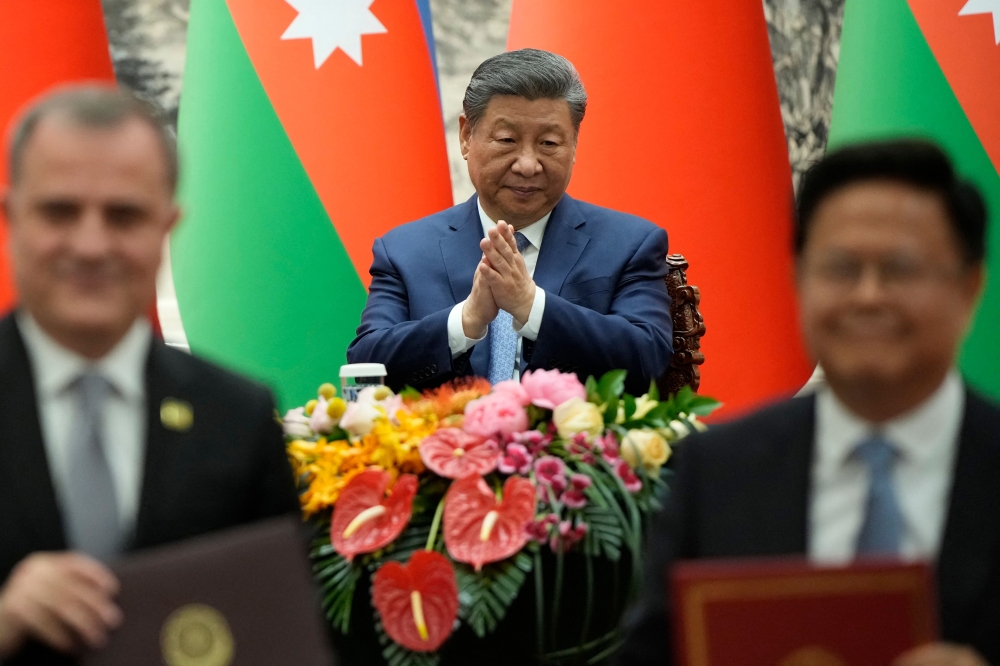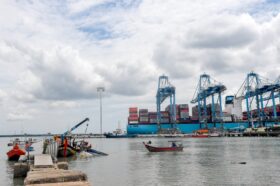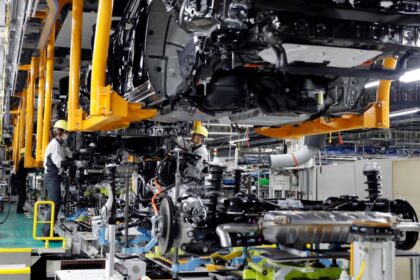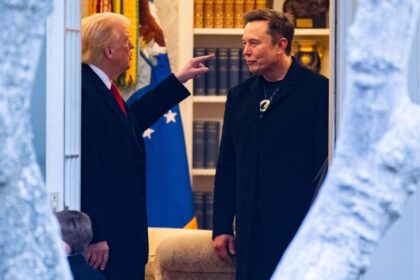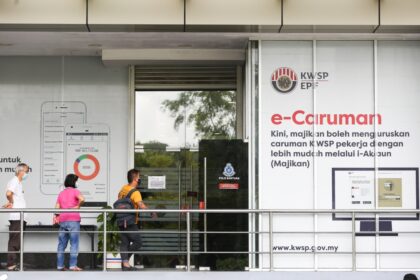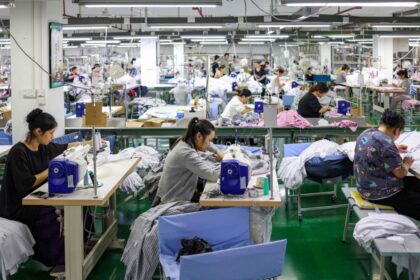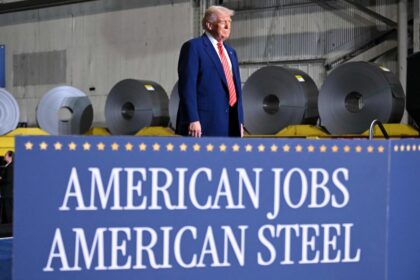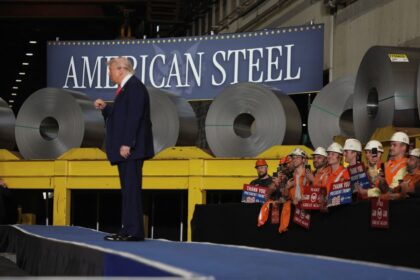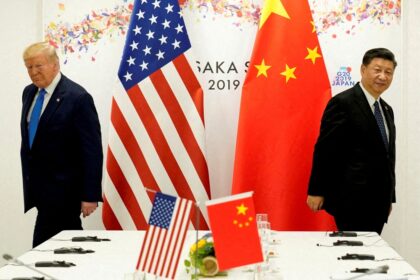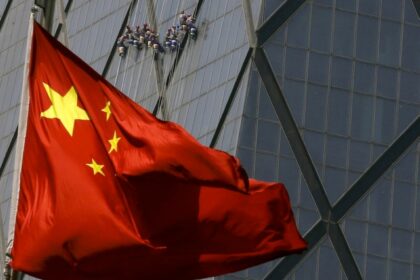BEIJING, April 25 — China’s government is contemplating the suspension of its 125 per cent tariff on certain US imports as economic pressures from the ongoing trade dispute intensify for specific industries, according to sources familiar with the discussions.
This potential policy shift comes as both nations grapple with the economic repercussions of escalating trade tensions, Bloomberg reported.
Among the items being considered for tariff exemptions are medical equipment and industrial chemicals such as ethane, according to people who requested anonymity due to the sensitive nature of the deliberations.
Chinese authorities are also discussing waiving the additional tariff on aircraft leases, which would provide critical relief to Chinese airlines that don’t own all their aircraft and rely on leasing arrangements with third-party companies — payments that would become financially unsustainable with the 125 per cent surcharge.
Financial markets responded quickly to news of the potential exemptions, with the offshore yuan reversing course to post a slight gain of 7.2857 per dollar, erasing Friday morning’s losses of up to 0.1 per cent and underscoring the significance of any potential thaw in the trade war.
China’s contemplated exemptions mirror similar measures recently taken by the United States, which excluded electronics from its 145 per cent tariff on Chinese imports earlier this month.
While the United States imports significantly more from China than vice versa, Beijing’s potential move highlights areas of the Chinese economy that remain dependent on American goods.
China, despite being the world’s largest plastics manufacturer, relies on ethane imports primarily from the US for some of its factories.
Similarly, Chinese hospitals depend on advanced medical equipment such as magnetic resonance imaging and ultrasound machines produced by American companies like GE Healthcare Technologies Inc.
The list of potential exemptions remains fluid and discussions may not progress to implementation. Companies in vulnerable sectors have reportedly been asked by Chinese authorities to submit customs codes for US goods they need exempted from the new tariffs.
At least one Chinese airline has already been notified that payments to aircraft leasing companies located in free trade zones will not be subject to the additional levy, according to one source.
Industry insiders have been circulating purported lists of tariff-exempt customs codes corresponding to key chemicals and chip-making components, though Bloomberg said it could not independently verify these lists.
In related developments, Chinese financial media outlet Caijing reported Friday that Beijing is preparing to waive additional tariffs on at least eight semiconductor-related products, citing anonymous sources. These categories reportedly do not include memory chips at present, potentially disappointing Micron Technology Inc, the world’s third-largest memory chipmaker.
Investors are closely monitoring both nations for signs of engagement that might lead to reduced tariffs, but diplomatic relations appear stalled. Chinese officials publicly said Thursday that the US must revoke all unilateral tariffs before China will agree to trade talks.
Despite President Donald Trump’s attempts to contact President Xi Jinping directly since returning to office, the Chinese leader has thus far resisted, advocating instead for lower-level discussions to work toward an agreement.
For its part, the Trump administration has exempted smartphones, computers, and other electronics from its reciprocal tariffs, providing significant relief to global technology manufacturers including Apple Inc. and Nvidia Corp, though these exemptions may be temporary.
The US exclusions apply to smartphones, laptop computers, hard drives, computer processors, memory chips, and flat-screen displays.
These potential tariff exemptions from both sides suggest that despite the political rhetoric, pragmatic economic considerations may be forcing both governments to reconsider the most damaging aspects of their trade policies, particularly in sectors where domestic industries would suffer disproportionately from continued tariff escalation.
Source:  Détente? China mulls lifting tariffs on critical US medical and industrial goods
Détente? China mulls lifting tariffs on critical US medical and industrial goods
